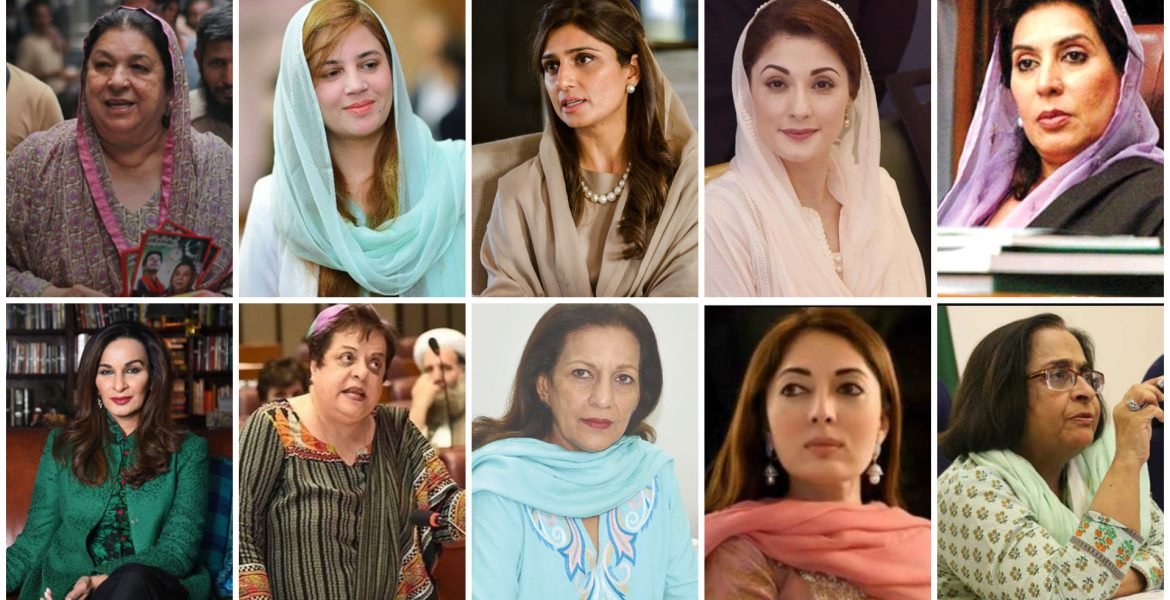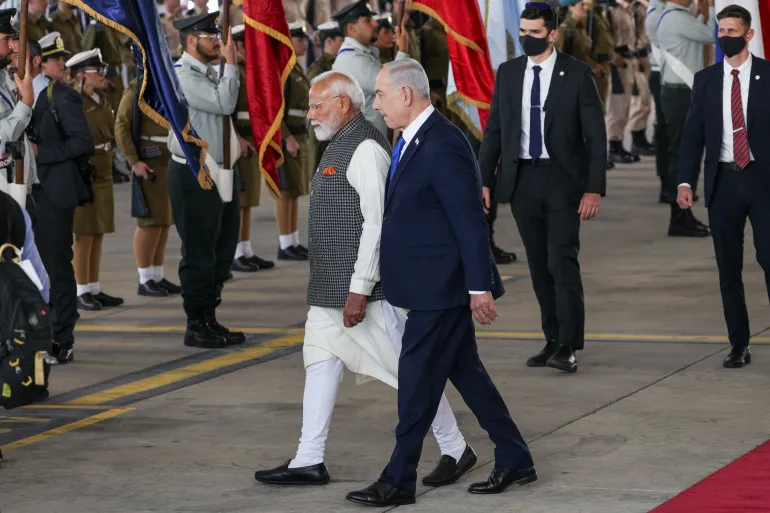EDITORIAL:
The current political landscape has turned into an unpleasant and crude arena, where personal attacks and insults have replaced healthy debates and decorum. Sadly, the situation is even more distressing for female politicians who confront an additional layer of discrimination, and are frequently subjected to baseless allegations and intimidation. Social media, in particular, has provided a platform for misogynistic views to be amplified and spread with impunity.
On Monday, the National Commission on the Status of Women, in association with the UNDP and UN Women, held a consultative meeting to discuss the formulation of a code of ethics aimed at eradicating hate speech directed towards women politicians and enhancing their political involvement. A crucial point raised during the meeting was the need for the Election Commission of Pakistan to include a pledge in their candidate application forms, whereby those contesting would commit to refraining from making any insulting or derogatory remarks about women.
It is high time to address the gender bias and prejudice that hampers women from active participation in politics. The situation is particularly acute in Pakistan where women are routinely subjected to harassment and hostility, including vile comments and threats, making it exceedingly challenging for them to carry out their duties. The situation is unacceptable and must be tackled head-on.
In a civilized society, the ability to express one’s views without fear of retribution is a fundamental right. However, this right does not entitle anyone to engage in verbal abuse or personal attacks on anyone else. Unfortunately, in Pakistan, the political arena has descended into a free-for-all, where insults and derogatory comments have become the norm.
The culture of political discourse in the country needs an immediate overhaul, starting with a robust code of ethics that sets out the parameters of acceptable behavior. Political parties should adopt this code and ensure that their members adhere to it. Moreover, a system of accountability should be established to ensure that any violations of the code are swiftly dealt with.
Women’s participation in politics is crucial to ensure that their voices are heard, and that the interests of half of the population are represented. To achieve this, women must feel secure and free to express their opinions and ideas without fear of harassment or reprisal. A code of ethics that explicitly forbids hate speech against women politicians is an essential first step in achieving this goal.
The implementation of a code of ethics is just one step towards creating an inclusive and respectful political environment. It is also imperative that social media platforms take responsibility for their role in disseminating hateful content and develop policies to curb its spread. As the impact of social media on politics continues to grow, it is incumbent on platforms to ensure that they are not used to spread malicious content or incite violence.
The political sphere has evolved into a realm of hostility, with vitriol replacing constructive discourse and a lack of common decency becoming increasingly prevalent. This problem is only exacerbated for female politicians who, in addition to dealing with political antagonism, must also contend with the pervasive prejudice against women in public spaces. The result is a barrage of character defamation and threatening rhetoric that is amplified on social media platforms. To address this issue, the National Commission on the Status of Women recently held a consultative meeting in collaboration with the UNDP and UN Women to develop a code of ethics that would put an end to the use of hate speech against female politicians and bolster their political participation. One of the proposed measures includes requiring candidates running for office to pledge that they will not insult or disrespect women.
While women’s rights activists have long been critical of the trend of singling out female politicians for hate speech, the call for a formal response is a positive development that is long overdue. The requirements of a career in politics – the need to interact with the public and be accessible to them – are antithetical to the expectations of a patriarchal society for women. The derogatory language often directed towards female politicians is intended to incite public disapproval and shame them into silence. When leaders of mainstream political parties engage in this kind of rhetoric, as has been seen in recent times, their supporters take their cue from them. While criticism is a hazard of the profession for public figures, it should be limited to their work and not extended to their personal lives. If fewer women entered politics as a result of this toxic environment, it would not only be a loss for the country but also a missed opportunity for men to learn from their female counterparts. As the chairperson of NCSW has noted, with only 17% of women in parliament, male legislators have become more civil on the floor of the House. We need more women in politics, not fewer.
The use of hate speech against female politicians is not merely an issue of common decency but also has significant political ramifications. Such hostility often hinders women from fully participating in the political process and standing for office. In many cases, it drives them out of politics altogether. This is a loss for the entire country, as it deprives society of capable and talented individuals who can make meaningful contributions to public life. Political parties and the media both have an important role to play in changing this dynamic. The media can play a constructive role by highlighting the importance of gender equality and fair treatment of women in politics, while political parties must take steps to ensure that their members refrain from using hate speech against women. The NCSW’s proposal for a code of ethics is a step in the right direction, but it must be followed up with concrete measures to ensure that women are able to participate in politics on an equal footing with men.
One promising development in this regard is the increasing number of political parties that are giving women a greater voice in their decision-making processes. While there is still much work to be done, several parties have begun taking concrete steps towards gender equality. For example, the Pakistan People’s Party (PPP) has established a quota system for women in party positions, and the Pakistan Tehreek-e-Insaf (PTI) has established a women’s wing. Such initiatives can help create an enabling environment for women to participate in politics without fear of retribution.
In addition to the efforts of political parties, civil society organizations and advocacy groups also have a vital role to play in promoting gender equality in politics. These groups can help build momentum for change by raising public awareness about the importance of women’s participation in politics and advocating for policies that promote gender equality. At the same time, individuals can also make a difference by speaking out against hate speech and advocating for women’s rights in their communities.
Read more:
















